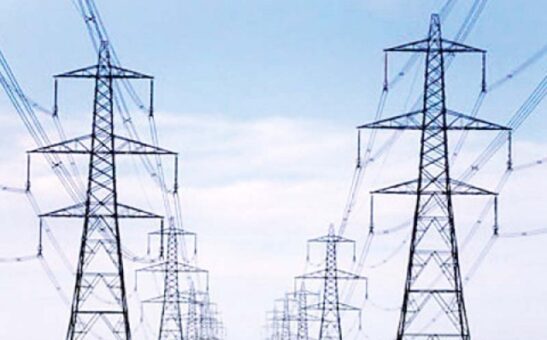ISLAMABAD: Federal Board of Revenue (FBR) has estimated an amount of Rs69.5 billion annual loss of tax on agriculture income, sources said on Tuesday.
In a report the FBR said that agricultural income is exempt from income tax under section 41 of the Income Tax Ordinance, 2001.
However, it falls under the provincial domain as per the Constitution of Pakistan, and the provinces have the mandate to levy tax on agricultural incomes.
The provincial collection of income tax on agricultural income for FY 2018 is as under:
Punjab: Rs 913 million
Sindh: Rs559 million
KP: Rs100 million
Balochistan: Rs17 million
Total: Rs1.589 billion
The FBR carried out an estimate on the basis of agriculture census 2010 in order to measure the actual potential of revenue from agriculture.
The key assumption in this estimation is that the average income per acre earned by farmer has been taken at Rs. 50,000, keeping in view current year’s average price levels of commodities.
Farm sizes have been categorized as per column 2 of the table below. Farms smaller than 7.5 acres have not been consid¬ered, being of subsistence income level.
Income for each farm size (column 5) is estimated by multiplying cultivated area (acres) for each category with average income per acre (Rs50,000). If statutory slab-wise tax rates are applied on average income per farm for the six categories of farm sizes, the estimated revenue forgone due to this exemption comes to Rs69.5 billion annually.



